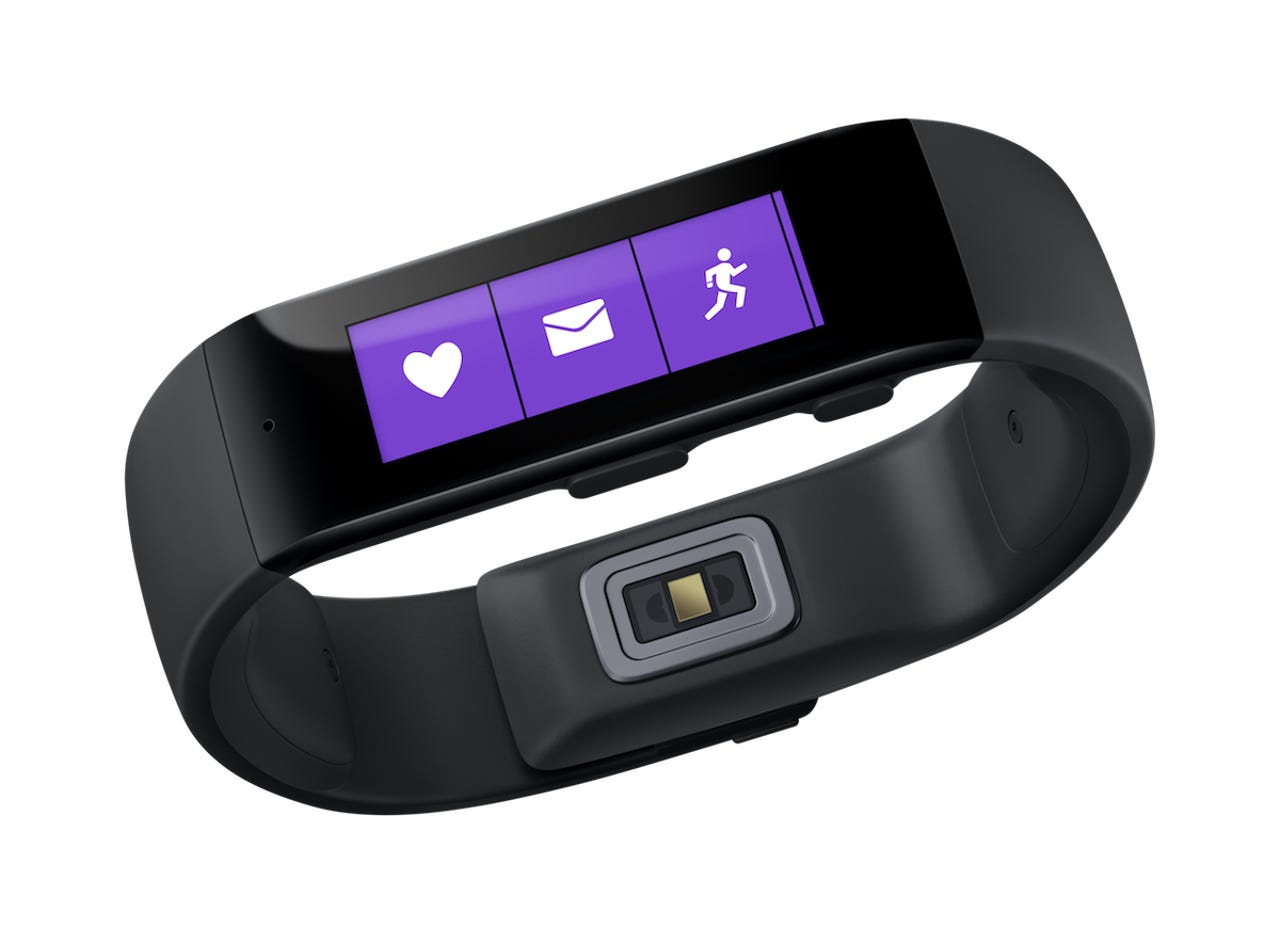Project using machine learning and wearables aims to improve epilepsy care


The Microsoft Band is part of a new project to help with the management of epilepsy.
A project using wearable devices and machine learning could help people with epilepsy to monitor their condition better.
The initiative, called myCareCentric, combines wearable technologies, shared care records, machine learning, and data analysis tools. It collects information from the wearables, along with smartphones and portals, and integrates it with a patient's clinical record.
The idea is that the enhanced medical records can be shared in real-time with patients and clinical teams in a network, and will provide timely expert guidance and support. It could overcome many of the challenges that people with long-term conditions face every day.
Epilepsy, a condition that effects more than half a million people in the UK, is the first condition that myCareCentric will be dealing with.
myCareCentric Epilepsy has been developed by a private-public consortium called the Epilepsy Care Alliance (ECA) whose members include the University of Kent, Poole Hospital NHS Foundation Trust, Shearwater Systems, and Graphnet.
A myCareCentric Epilepsy test centre has already been running for some time at the Dorset Epilepsy Centre.
"As patients came into the Dorset centre we recruited them into the programme and got their consent," said Graphnet's chairman, Dr Ian Denley.
The project is using the Microsoft Band as part of the initiative, which Denley said was chosen because it has an API that you can control "and we wanted to be able to control things like battery life, triggering events, and so on".
The app captures data such as sleep patterns, exercise, heart rate, temperature, and galvanic skin response.
The centre looked at how to use the Band to distinguish seizures: this is important and difficult since while there are groups of different kinds of seizure, and every seizure is unique to the person having it.
"Then we have been taking this massive stream of data and, together with the University of Kent, using machine learning to monitor the data," Denley said. Analysis of this data using machine learning could help individuals identify when they are at increased risk of seizures.
"Predicting a seizure is a huge endeavour but we have been making huge strides," said Denley.
In addition, there's an app that, when someone has a seizure, allows the centre to contact them. "In some cases, the patient may not know that they have had a seizure since they can have them while sleeping. We can tell them," said Denley.
The next stage, he said, is to integrate location services so that if someone has a seizure the centre can alert friends and family.
Read more on this story
- Wearables, health tech impress at Microsoft's 2016 Imagine Cup finals
- Lumiata pilots AI to make health predictions for chronic conditions
- Apple reportedly buys health data startup Gliimpse
- My Health Record 'dumb and useless': Australian Privacy Foundation
- CNET: Don't let online health sites turn you into a 'cyberchondriac'
- TechRepublic: IoT and health data: Six security best practices